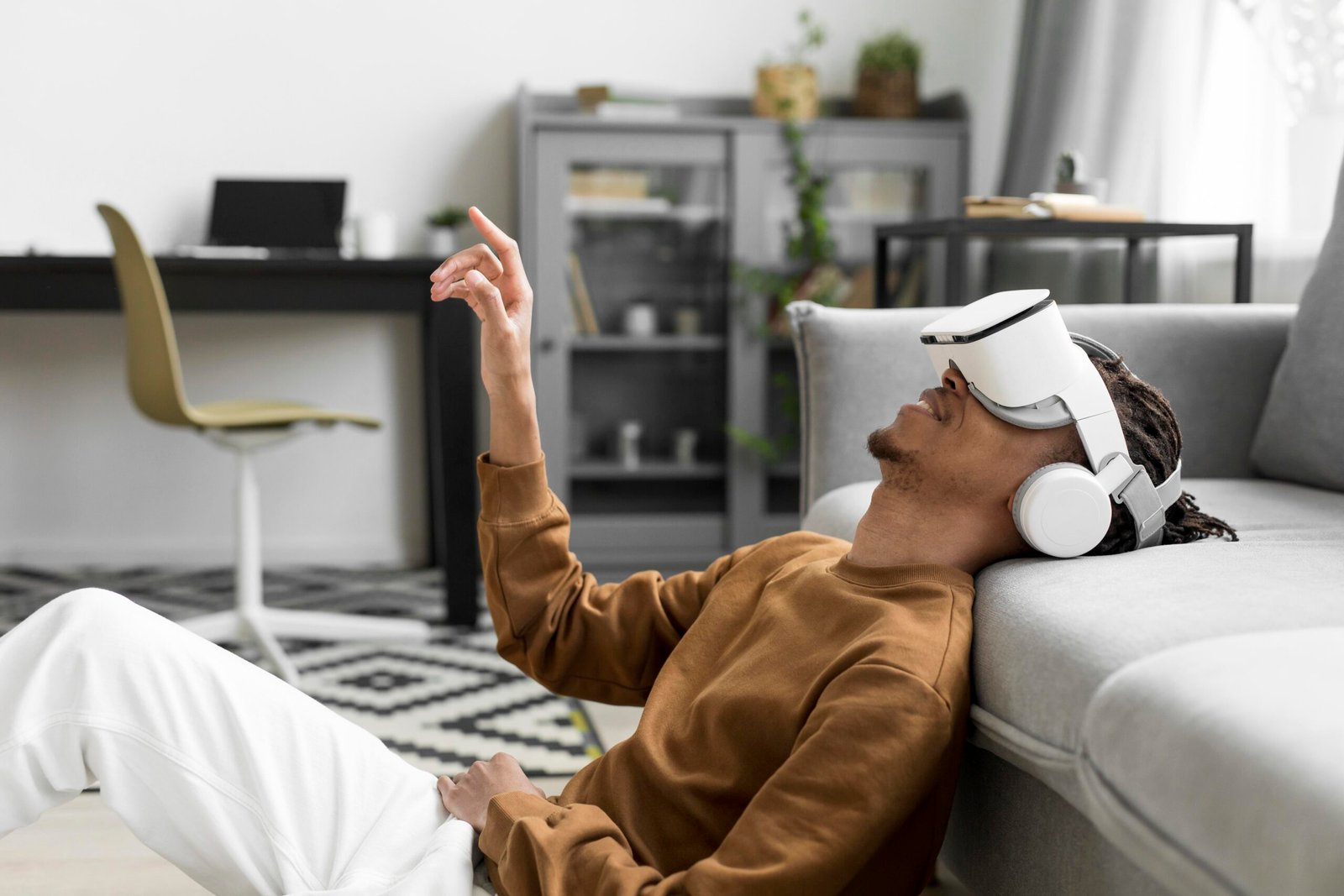As technology continues to evolve, virtual reality (VR) headsets are emerging as a revolutionary tool in addressing various mental health issues, including phobias, while simultaneously promoting overall well-being. According to a recent article by Indivisible Game, an online gaming information site, experts have highlighted five significant ways VR headsets contribute to both physical and mental health.
One of the most promising applications of VR technology lies in its ability to effectively address and reduce phobias. Medical professionals leverage VR to create controlled virtual environments where patients can safely confront their greatest fears, such as spiders, crowded spaces, or heights. This controlled exposure allows for a gradual introduction of various phobias, equipping individuals with coping mechanisms that can be applied to real-life situations.
Immersive Experiences for Pain Relief and Social Connection
Beyond tackling phobias, VR headsets have proven to be invaluable in alleviating chronic pain and easing social isolation. Virtual environments created in games and entertainment experiences can divert attention away from conscious pain, making VR an effective tool for patients recovering from surgery, postpartum, or undergoing cancer treatment. Furthermore, the immersive nature of VR has been shown to alleviate depression and social isolation, particularly during the COVID-19 pandemic, when it provided support for individuals dealing with social anxiety and “lockdown loneliness.”
“The versatility of VR technology in addressing mental health challenges and promoting overall well-being is truly remarkable,” said Dr. Sarah Thompson, a renowned psychologist and VR researcher. “By creating controlled and safe environments, VR allows individuals to confront their fears, process traumatic experiences, and develop coping strategies in a supportive and engaging manner.”
Fitness and Cognitive Benefits of VR Gaming
In addition to its therapeutic applications, VR headsets are also gaining popularity in the realm of fitness and cognitive enhancement. Popular VR games like ‘Beat Saber’ not only serve as physical exercise but also offer excellent mental stimulation. Data from the VR Health Institute indicates that players can burn up to 13 calories per minute during VR gaming sessions, depending on their weight and the extent of movement. Moreover, these games contribute to improved focus, enhanced cognitive abilities, and better memory by encouraging players to problem-solve, memorise patterns, and maintain attentiveness.
As of March 12, 2024, the global VR headset market is expected to reach $15.2 billion, according to a report by Grand View Research, Inc. This growth is driven by the increasing adoption of VR technology across various sectors, including healthcare, gaming, and education.
While VR headsets pose potential risks such as injuries, motion sickness, and eye strain, their positive impact in recreational, educational, and medical settings underscores their versatility and potential for enhancing overall well-being. As the technology continues to advance, experts anticipate even more innovative applications of VR, further solidifying its role as a game-changer in promoting physical and mental health.
